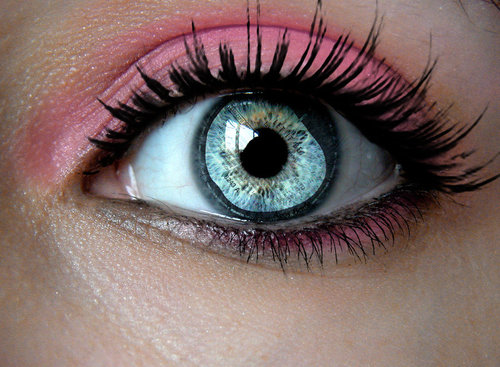
“You are what you eat” may be truer than we think, or at least in terms of the composition of our gut microbiota. Until recently, we didn’t know how quickly the microbiota – or the hundreds of trillions of bacteria and microorganisms that live in our digestive system – responds to short-term changes in the types of food we eat.
A study published in Nature has cleared up any doubts by proving having volunteers for five days, limiting their food intake to meals made with rice, tomato, squash, peas, garlic, lentils, banana, mango and papaya. They then returned to their regular balanced diet for a week. Finally, they spent another five days eating just animal and fatty products, essentially bacon, eggs, pork ribs, beef, salami, prosciutto and cheese. By analysing the evolution of the microbiota throughout the period, they saw that just three days after each change in diet, the activity and composition of the bacteria present in the gut had undergone significant variations.
These findings lead researchers to consider that dietary changes could be used in the future to treat certain medical conditions, rather than drugs or even surgery. “One day, we hope we might be able, through an altered diet or behaviour, to shape the microbiota to improve health”, says Professor Lawrence David, co-author of the research. No wonder, then, that the gut microbiota receives the name of “second genome” and, as Professor David stresses, “what’s interesting is that this second genome is potentially plastic and responsive to the way we choose to live our lives.”
2ndActHealth establishes all its health programs based on the principal that food medicine is the pathway to optimal health and healing.

